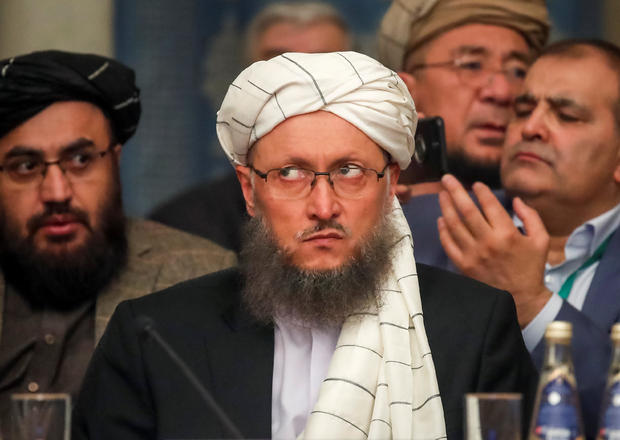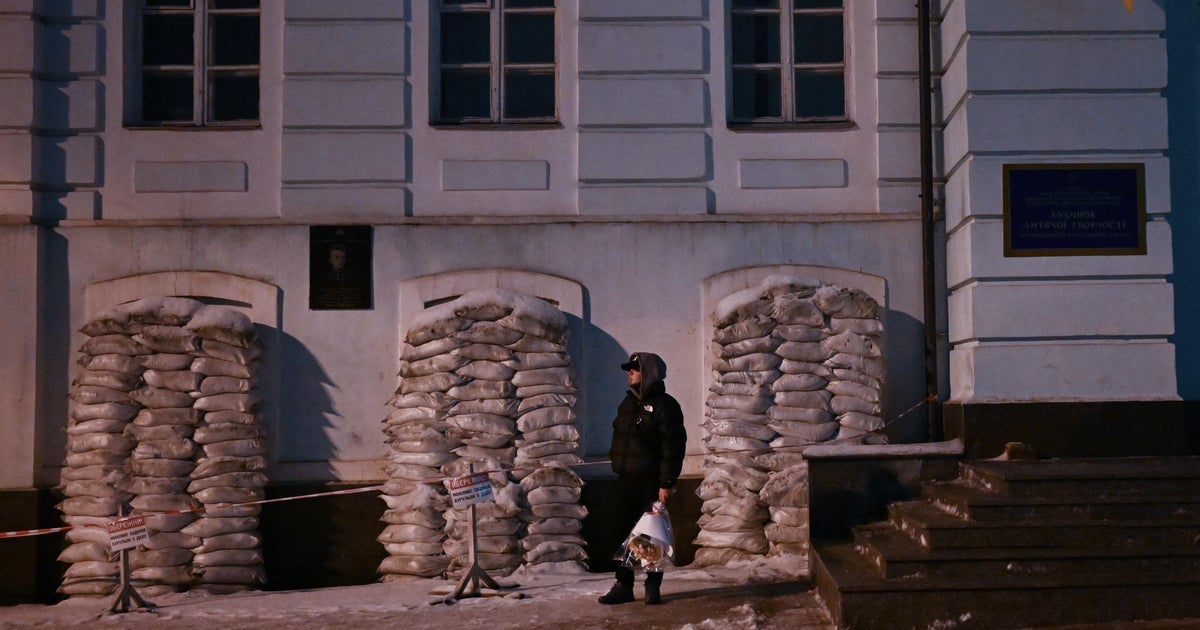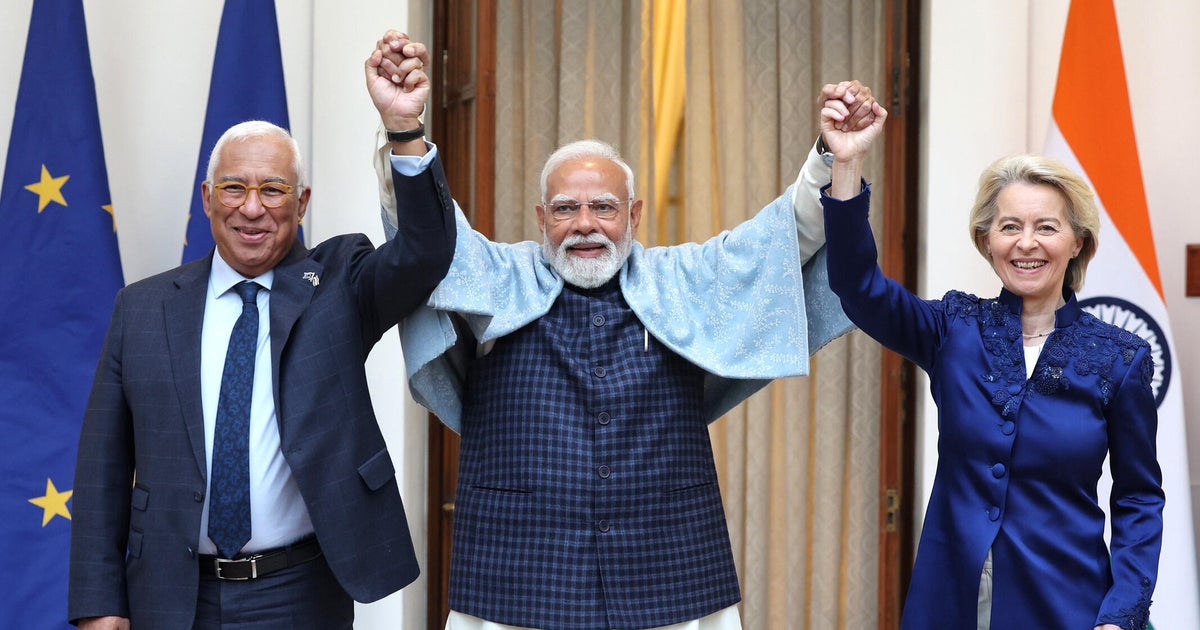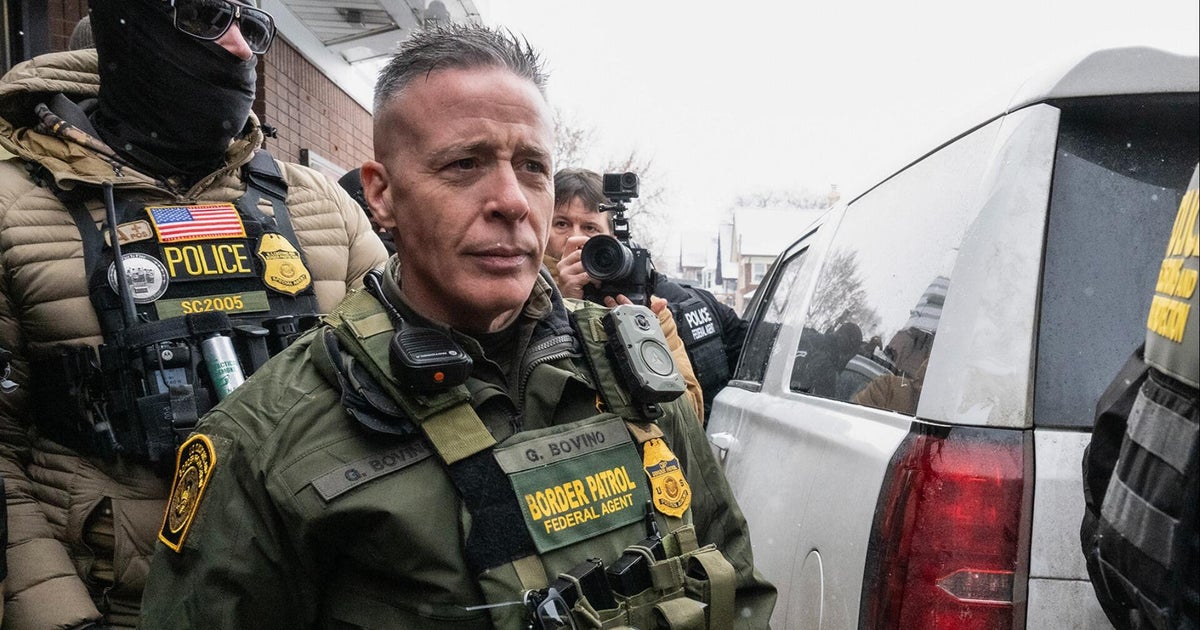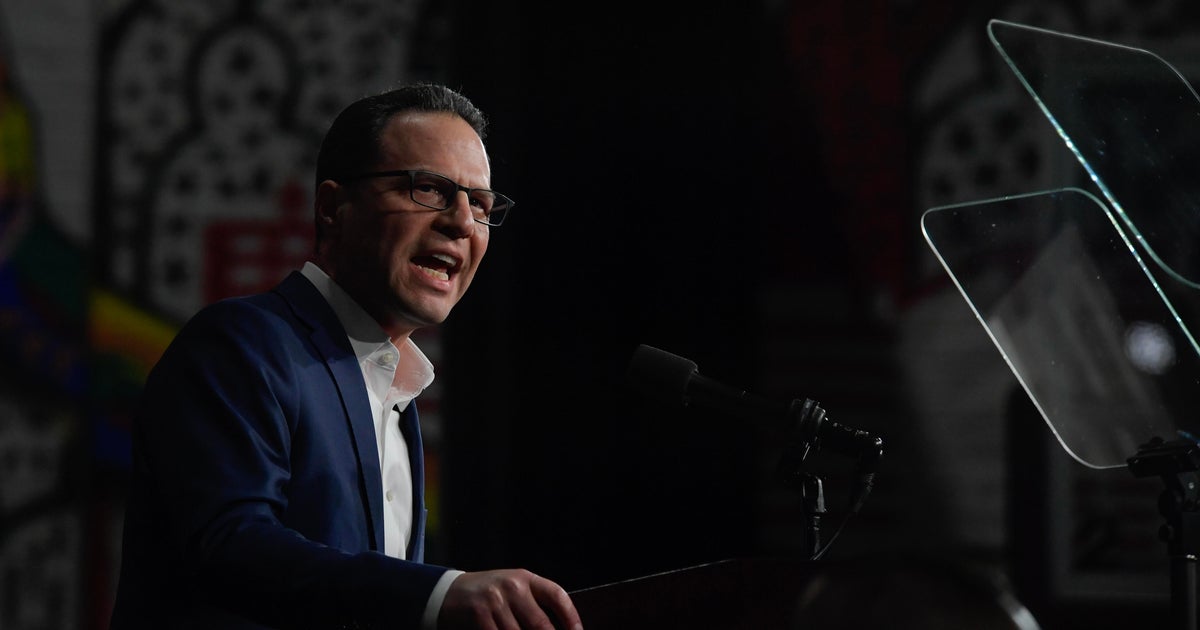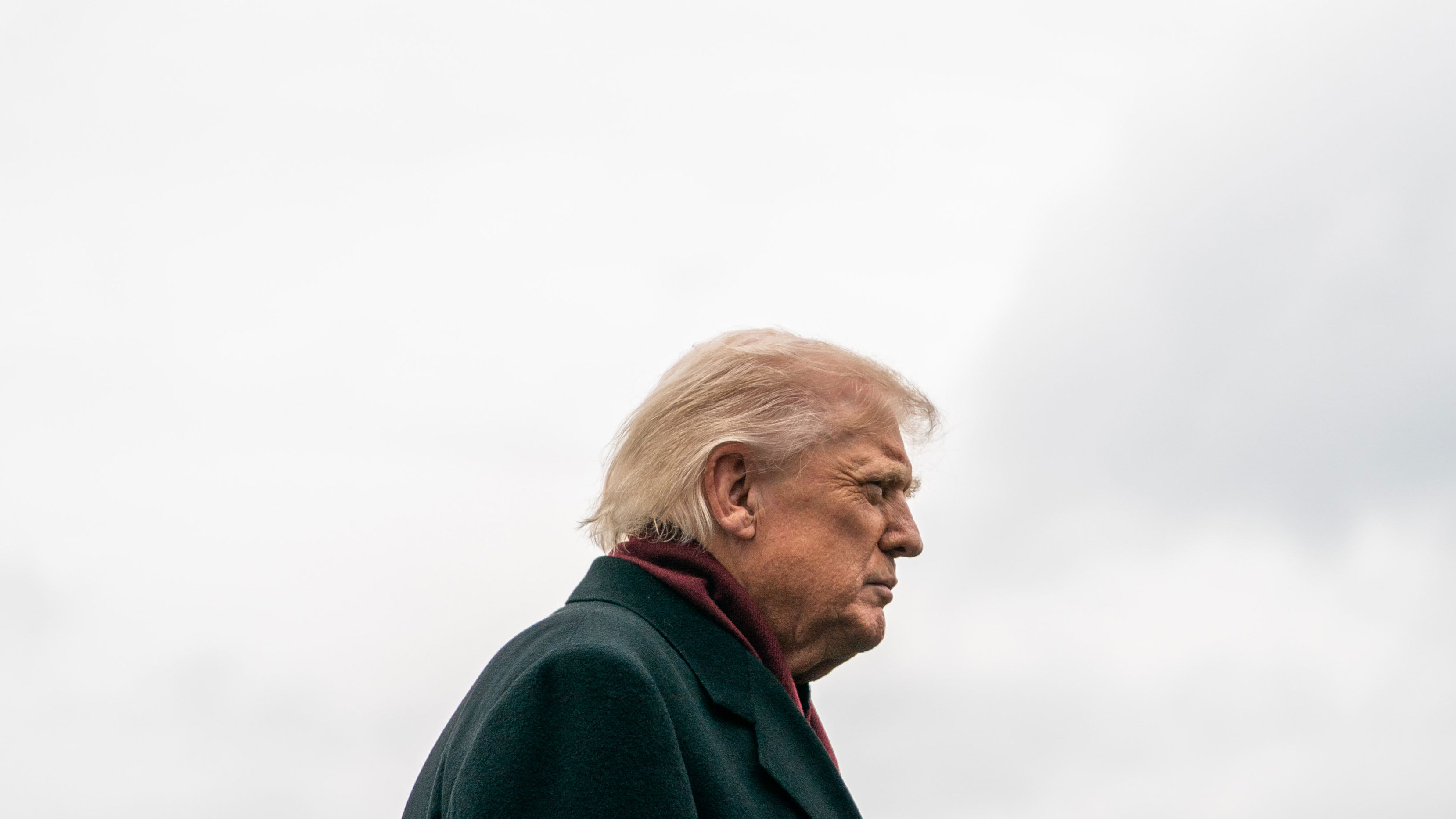Taliban claims U.S. agreed to major Afghan withdrawal in 2 months
President Trump has made clear his desire to extricate the U.S. military from the "endless" war in Afghanistan. He touted "constructive talks" the U.S. has been conducting with the Taliban during his State of the Union address on Tuesday night. Mr. Trump said, "we do not know whether we will achieve an agreement -- but we do know that after two decades of war, the hour has come to at least try for peace."
The pace of any U.S. troop withdrawal from Afghanistan has been a major point of discussion -- and concern -- given the strength the Taliban still wields and the group's well-established history of hosting terror groups.
On Wednesday, the TaIiban claimed the Trump administration had agreed to pull half of the U.S. forces in Afghanistan out of the country in just a couple months. The U.S. government denies that any timeline for a withdrawal has been agreed yet with the Taliban.
The direct U.S. talks with the Taliban are a key aspect of a multi-pronged dialogue the Islamic extremist group has engaged in with virtually every party that has a vested interest -- with the notable and problematic exception of the Afghan government.
Afghan peace talks without the Afghans
Negotiations are ongoing this week in Russia, where Taliban officials are sitting down with representatives from Afghanistan -- but from not from the government. The Taliban considers the government of Afghan President Ashraf Ghani a puppet regime controlled by the U.S., and thus refuses to speak with it.
Ghani knows his own military forces cannot keep the Taliban at bay on their own. The militants currently control or hold sway over about half the country. Ghani needs the foreign (mostly American) troops there, and with the negotiations continuing largely out of his control, he spoke on the phone after Mr. Trump's speech with Secretary of State Mike Pompeo. Ghani said Pompeo, "stressed that there is no uncertainty and ambiguity about the U.S. commitment to Afghanistan and our enduring partnership."
Ghani said Pompeo had "also stressed that our military partnership is unwavering and will remain until a lasting and inclusive peace is achieved."
A Taliban official in Moscow told CBS News on Wednesday that during negotiations with the U.S. in Qatar in January, the U.S. side, led by White House envoy Zalmay Khalilzad, agreed to pull half of the American forces currently deployed in Afghanistan out by the end of April. That would mean a reduction from the current troop level of about 14,000 to 7,000 in just a couple months.
"The Americans told us that half of the U.S. forces, from 1 February to the end of April, will withdraw from Afghanistan," the deputy head of the Taliban's political office in Qatar, Abdul Salam Hanafi, told CBS News' Sami Yousafzai on the sidelines of the talks in Moscow. He insisted the Taliban had never allowed Afghan soil to be used by outside terror groups to plot foreign attacks, and that it wouldn't do so going forward, either.
Another Taliban official was quoted by Russia's state-run RIA Novosti news agency on Wednesday as saying the U.S. had also agreed that all international forces would eventually leave Afghanistan, but that "the timeline (for a withdrawal) will be discussed at future meetings."
Khalilzad reported after the January round of talks in Qatar that his team had agreed on the "draft of a framework" for a peace plan with the militant group, but stressed that key points -- including the timetable for a U.S. withdrawal and ceasefire arrangements -- still needed to be hammered out.
One of the remaining sticking points is how and when the Afghan government will be invited to join the peace process. The Taliban has insisted that it will only negotiate a ceasefire with Afghan forces once American troops have left the country.
"The U.S. insisted in their talks with the Taliban that the only solution for lasting peace in Afghanistan is intra-Afghan talks," Khalilzad told President Ghani in a briefing after the negotiations in Qatar, according to a readout provided by Ghani's office.
"My role is to facilitate" such talks between the insurgents and Kabul, Khalilzad said according to Ghani, adding that the discussions were ongoing. The U.S. and Taliban delegations are due to meet again sometime in February.
Can the Taliban be trusted?
The Taliban's top political envoy, who is leading its delegation in Moscow this week, told CBS News partner network BBC News on Wednesday that the Taliban doesn't want to retake, "the whole country by (military) power."
"It will not bring peace to Afghanistan," Sher Mohammad Abbas Stanikzai told the BBC.
But regardless of how close the Trump administration may be to announcing a final agreement with the Taliban on a "framework" for an Afghan peace plan, the deal taking shape is hinged on being able to trust the Taliban to make good on its promises.
That, some senior former U.S. officials have warned, is a mighty leap of faith.
Ryan Crocker, who has served as U.S. Ambassador to Afghanistan, Pakistan, Iraq and Syria, wrote in a column for The Washington Post in January that the U.S. even sitting down for direct talks with the Taliban was in itself "surrendering," and he warned against trusting the deeply entrenched insurgent group.
"By acceding to this Taliban demand (for talks without the Afghan government), we have ourselves delegitimized the government we claim to support," Crocker wrote. "It was clear that by going to the table we were surrendering; we were just negotiating the terms of our surrender. The Taliban will offer any number of commitments, knowing that when we are gone and the Taliban is back, we will have no means of enforcing any of them."
Crocker said he hoped President Trump would learn from President Barack Obama's mistake of withdrawing forces from Iraq in 2011, which precipitated the rise of ISIS in the region.
"In Afghanistan, President Trump has a choice. He can follow Obama's example and leave the country to the Taliban, or he can make clear that the United States has interests, values and allies, and will stand behind them," Crocker wrote.
CBS News national security contributor Michael Morell, a former acting director of the CIA, also warned against trusting the Taliban, saying the withdrawal of U.S. troops could enable al Qaeda to become a threat again in the country, and abroad.
